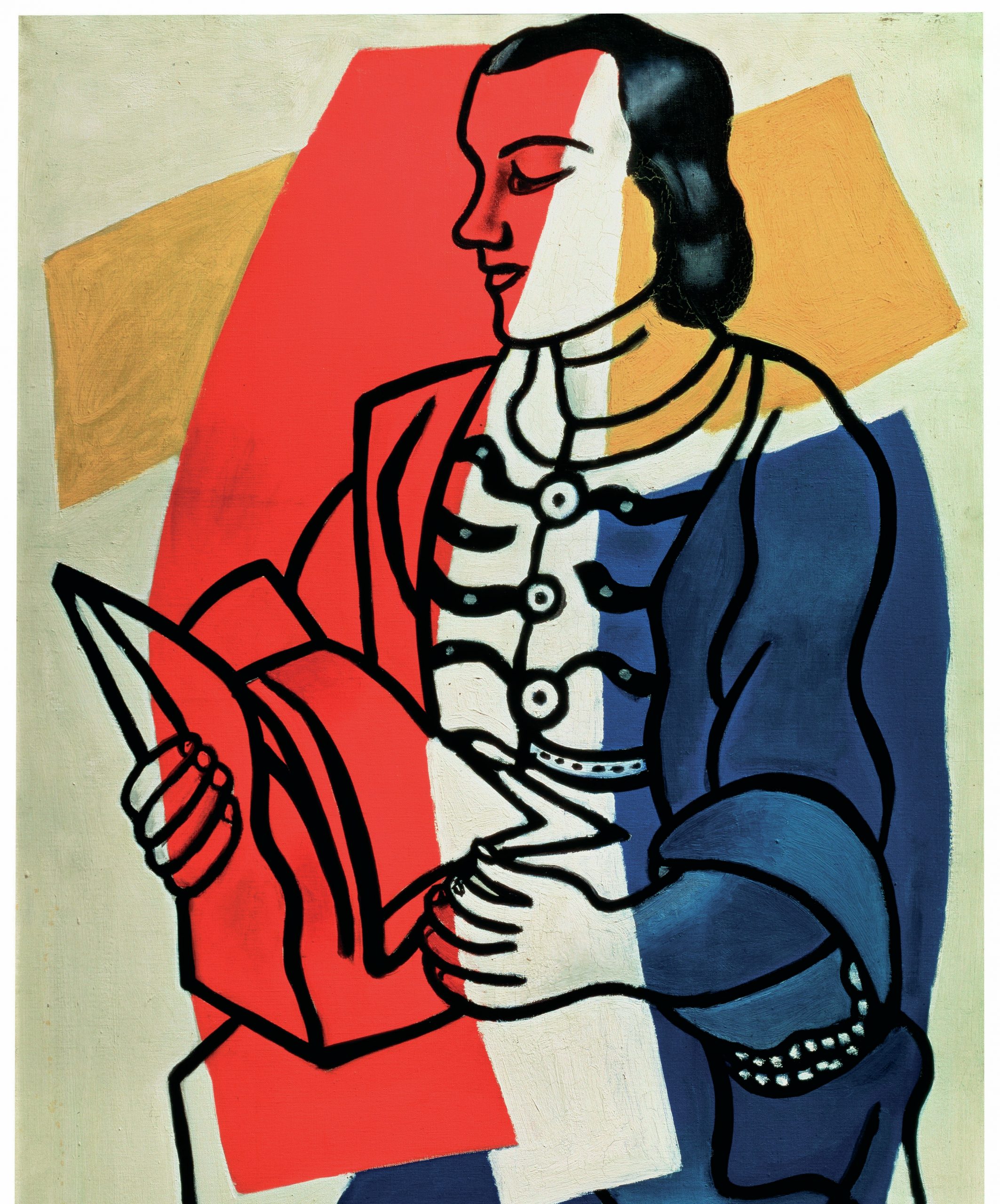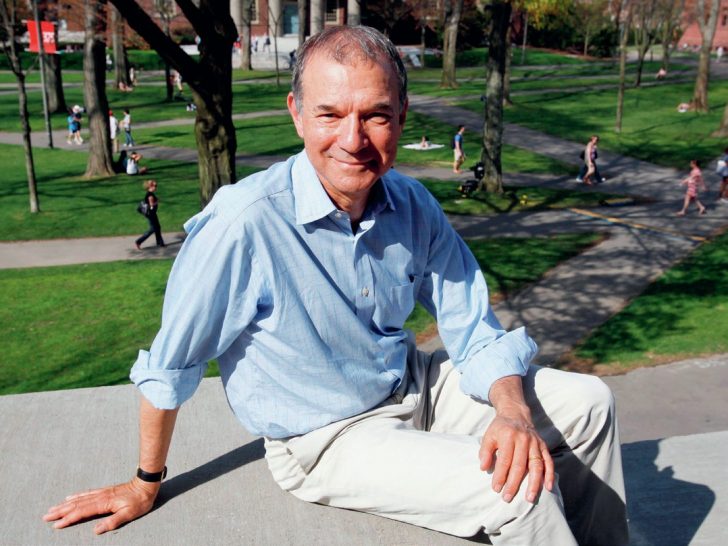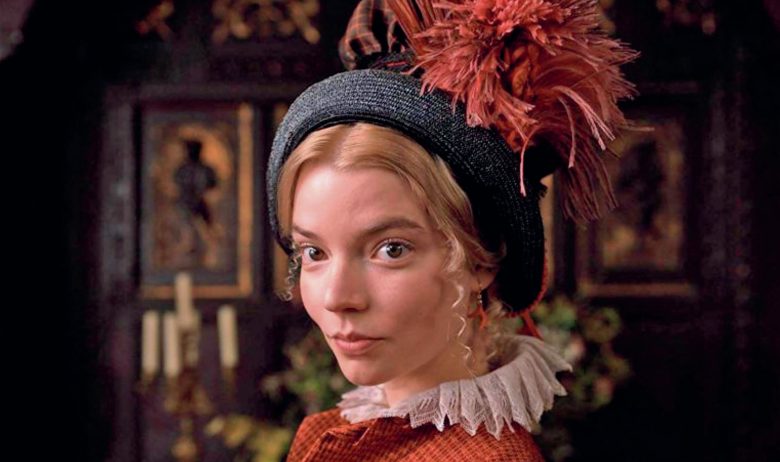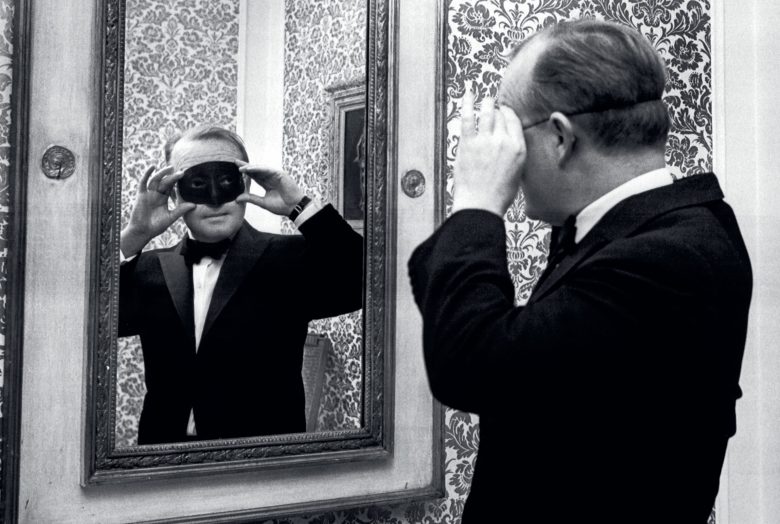
Most of us who study literature are already committed to an answer to this question. What I am going to say is therefore more like recommending a way of life than arguing a case from first principles. We find ourselves studying literature because we love reading. Many of us can remember exactly how we were first excited by a story or poem, or perhaps (as I found in D. H. Lawrence) by a sense that novels could tell us more about adult life than the actual adults around us were prepared to divulge.
However it started, we grew fascinated by literature as a source of knowledge, self-knowledge, recreation and sheer delight. It has become a harmless addiction: we might not have known we needed it, but once we’re on it we want to find out more and more about it. I am sure that this pleasure and fascination are the best and most indispensable reasons for studying literature. A thoughtful student, however, is likely to be bothered by further questions. Is literature really knowledge? Does it matter in society? And how am I going to earn a living after studying it?
Your organisation does not have access to this article.
Sign up today to give your students the edge they need to achieve their best grades with subject expertise
Subscribe




